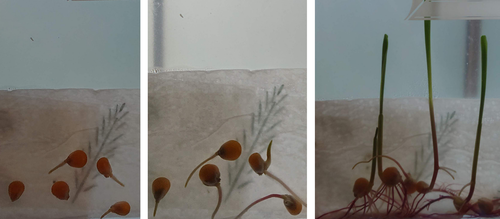A Special Issue for Extraordinary Times (PART II): Taking Learning Online in Ecology and Evolution
As I have previously discussed, I was part of a three-person team of Associate Editors tasked with managing the submissions to this Special Issue: Taking Learning Online in Ecology and Evolution. The first installment was released late last week, and the second volume of contributions came out in April.
For examples, Eva Humphries and Jason Wiles share examples of activities and assessments that can be modified for remote learning, Cornelya Klütsch and colleagues describe an open-source, online citizen-science project, Phenology of the North Calotte (centered in Northern Norway, Russia, and Finland), and Alexandra Race and colleagues compare outcomes between an online and in-person introductory field course. And much more!
There were also additional BioCEED-affiliated contributions:
- Ragnhild Gya and Anne Bjune describe the development and implementation of at-home, do-it-yourself experiments in plant biology. Furthermore, they provide helpful teaching materials for anyone wanting ideas for engaging students in simple, at-home inquiry projects involving seed germination or water holding capacity in bryophytes.
- Multiple bioCEED-affiliated authors, including Ragnhild Gya, Aud Halbritter, Vigdis Vandvik, and Sonya Geange, drew from their experiences with a disrupted international field course last year; the result is From a crisis to an opportunity: Eight insights for doing science in the COVID‐19 era and beyond. Specifically, they discuss shared insights for turning crises like the pandemic into opportunities for early-career researchers.

Above image from Gya and Bjune, Taking practical learning in STEM education home: Examples from do‐it‐yourself experiments in plant biology. The images depict corn seeds and their germination after 3 days, 5 days, and 11 days.

From Chacón-Labella et al, From a crisis to an opportunity: Eight insights for doing science in the COVID‐19 era and beyond.
I join my co-editors, Christopher Lortie and Marcus Lashley, in hoping that these contributions will help us all face adversity—be it from the current pandemic or the next crisis—with resilience, flexibility, and an eye toward inclusion.



